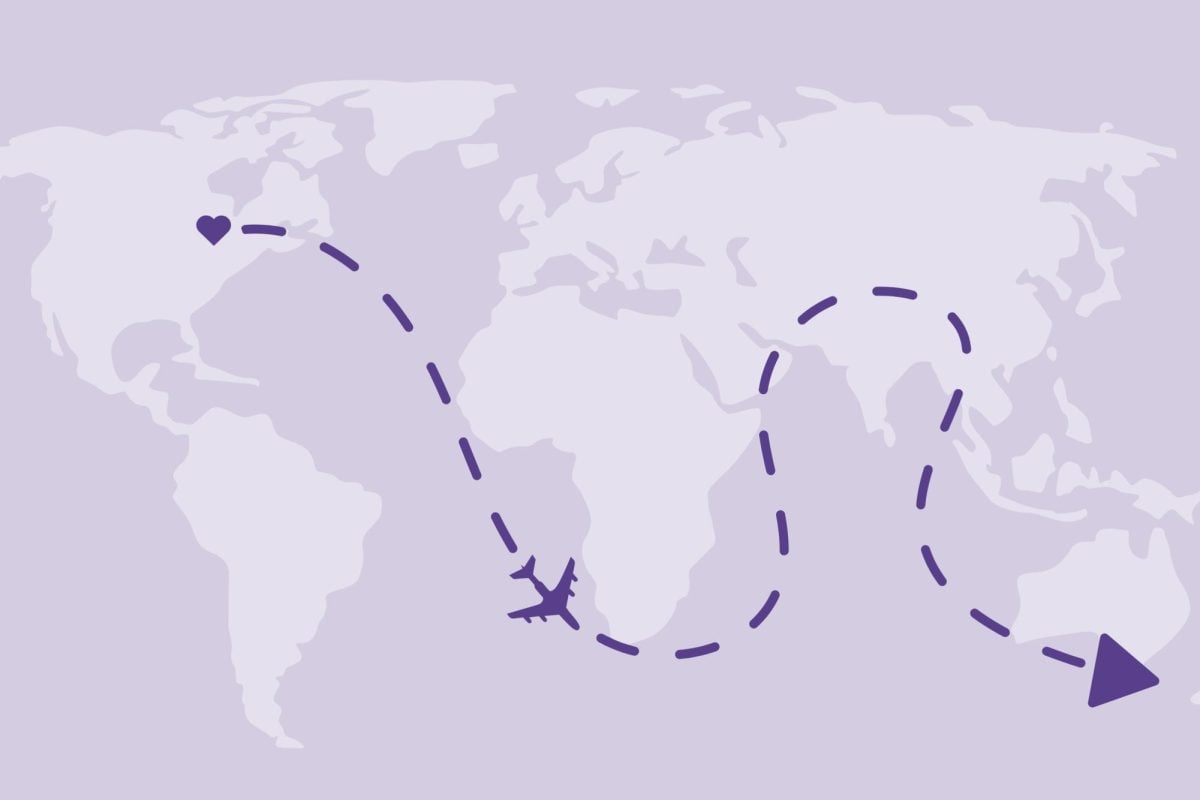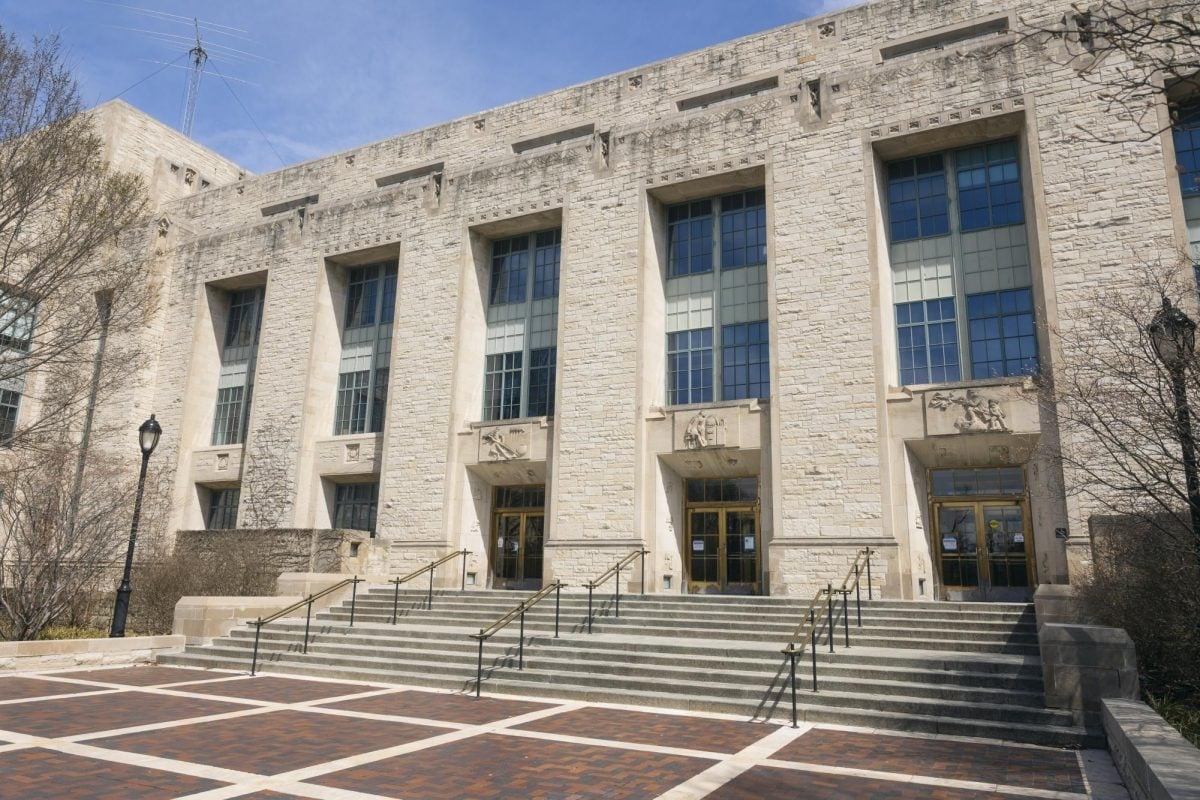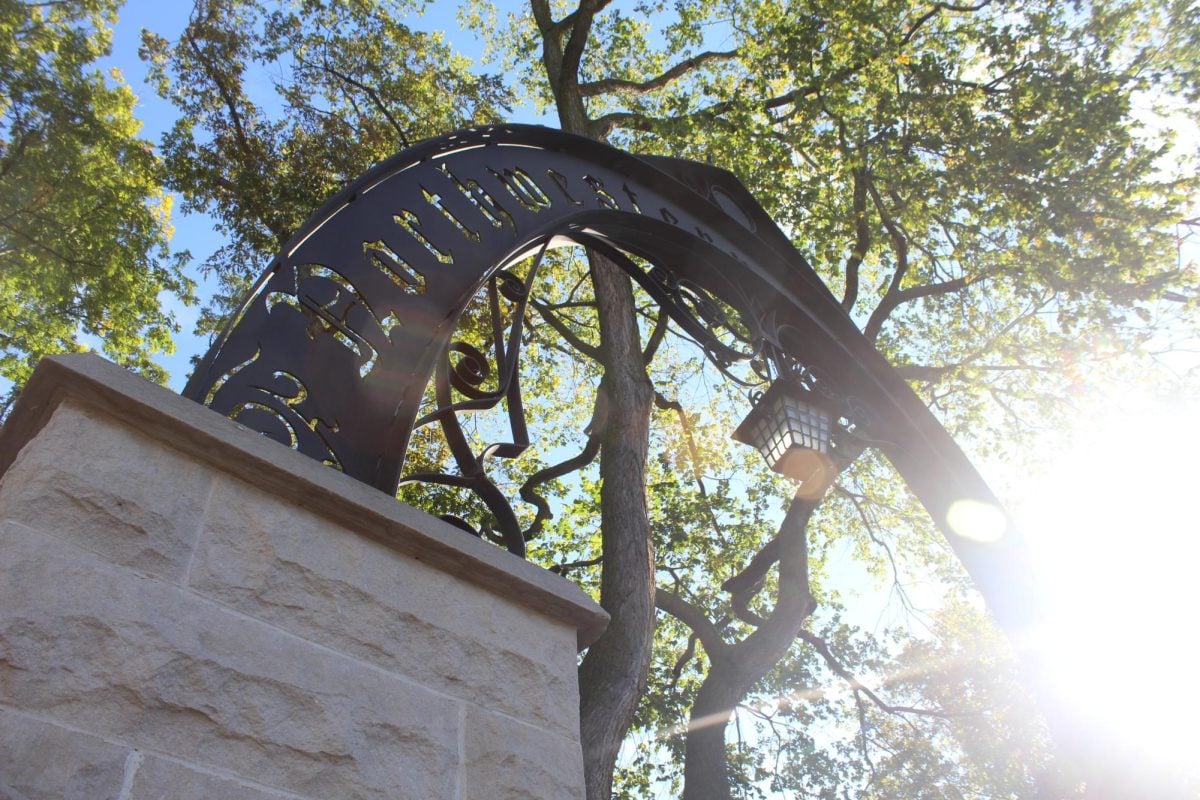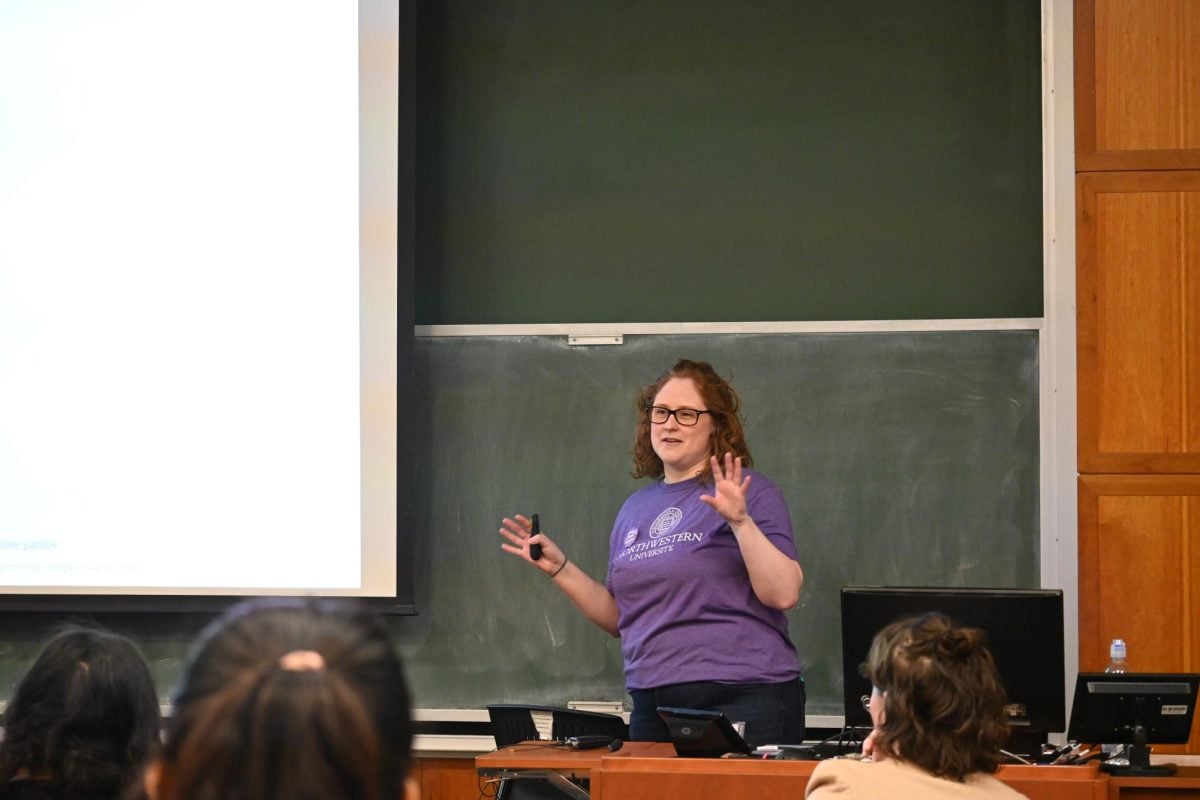CHICAGO – The director of the Medill Innocence Project gave Northwestern University attorneys thousands of e-mails and other documents from his personal computers Thursday, moving a complicated and controversial legal fight over student records one step closer to conclusion.
Medill Prof. David Protess had long refused to turn over the documents, but said he ultimately decided that a lengthy legal battle with his own university would not be in the best interest of Anthony McKinney, the potentially wrongfully-convicted murderer who has been all but forgotten in the document dispute.
NU lawyers will now review the documents and determine which need to be given to prosecutors. That process will take at least six weeks, attorneys said in brief court hearing Thursday morning.
The documents, mostly e-mail communication, relate to the Innocence Project’s three-year investigation in the case of McKinney, who was sentenced to life in prison in 1981. The Center on Wrongful Convictions, an organization within NU’s School of Law, is using those documents to ask a judge to revisit the McKinney conviction.
In a dramatic move in 2009, prosecutors publicly questioned the methods of Innocence Project students and subpoenaed all of the documents related to their investigation, including student memos, the class syllabus and individual grades.
NU and Protess fought the request for more than a year, claiming the documents amounted to reporter’s notes that were not shared with anyone and thus were protected from subpoena. But in October, the University abruptly changed course, turning over hundreds of documents to prosecutors, obtaining separate legal counsel from Protess and demanding that the 30-year professor give them documents from his home computers.
Protess finally honored that request Thursday, although he made it clear he was not happy about it. He continues to maintain that the documents should be protected, or “journalistically privileged.”
“I just don’t think it is appropriate for a journalism professor who works with real student journalists to turn over private information to the state,” he said in an interview Thursday. “It’s none of the government’s business.”
Protess’s attorney, Robert Stephenson, said he believed all documents have now been turned over to NU.
Richard O’Brien, a Chicago attorney who represented both NU and Protess before they obtained separate counsel, declined to comment.
In addition to Stephenson and O’Brien, attorneys in court Thursday included those representing the state, NU and McKinney. Absent was a lawyer for Sergio Serritella, the Innocence Project’s longtime teaching assistant. Serritella, who is taking the quarter off from working with the project, has been released from the subpoena.
Tensions still high between Protess, NU
After a period of frequent developments, the McKinney case is now set to take a two-month break as NU attorneys review documents.
But while the case cools off, tensions between the Innocence Project and the University do not seem to be going anywhere.
On Thursday, Protess accused NU of unleasing a “war” on the Innocence Project by hiring three attorneys to represent them who are all former prosecutors. He said they have been “adversarial” with him from the start.
In court on Thursday, Charles Sklarsky, NU’s chief counsel in the case, said Protess was “burdening” the University by making it decide which documents should be turned over.
“The University will do this,” Sklarsky said. “But it should be his responsibility.”
Protess said he was “stunned” to hear about the complaints because Sklarsky himself had repeatedly demanded the documents since they were discovered last month.
“They’re going to fight with us even when we agree with them,” he said.
He added that NU’s attorneys will be responsible for any further delay in the document dispute.
“I hope they can do it quickly and there can be a hearing to determine whether these documents are journalistically privileged and then we can get to the real hearing, which is that of Anthony McKinney,” he said.
It’s unclear when that will happen. But the murky picture may become clearer April 27, when attorneys will gather for another update on the status of the case.
Note: This version of the story includes clarified language about Medill Prof. David Protess’s comment regarding the University unleashing a “war” on the Medill Innocence Project.







